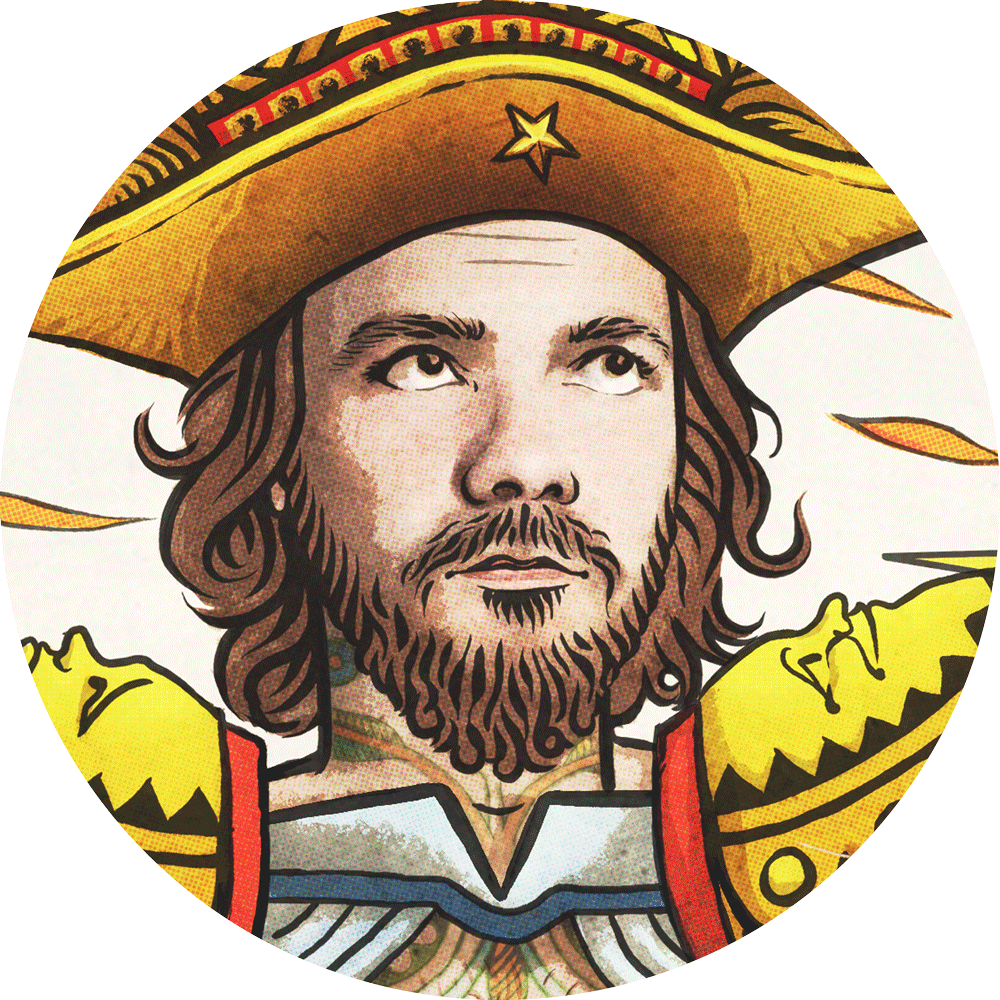runtime • 8 minutes — screen ratio • 1 : 2.39 — sound • 5.1 surround — format • DCP 2K — versions • EN / ES
a film by Pablo Diartinez (screenplay, direction, screen design, compositing) & Erik Parys (camera, editing, compositing, media management)
with poetry by Jorge Díaz Martínez and Original Music Soundtrack by T.S.E.G.
produced by FUSION CINEMA
with Hein Wollants —as the Poet
the voice of Colum Hatchel —as the Poet's voice
and Victoria E. M. Giraldo —as Sara
a film by Pablo Diartinez (screenplay, direction, screen design, compositing) & Erik Parys (camera, editing, compositing, media management)
with poetry by Jorge Díaz Martínez and Original Music Soundtrack by T.S.E.G.
produced by FUSION CINEMA
with Hein Wollants —as the Poet
the voice of Colum Hatchel —as the Poet's voice
and Victoria E. M. Giraldo —as Sara
SINOPSIS
Out and alone during a rainy night, the Poet wanders the streets drinking from a wine bottle. His profile silhouette is outlined in the shadow cast against a public telephone booth. Facing the phone, he's compelled to call. Drunk and nostalgic for a long lost youth love, he dials a number no longer in service —her number. The automated out of reach answer will poignantly remind him of his loss and denial.
Walking adrift through the city and confusing reality with dreams like a modern quixote, he sees folkloric Andalousian fairs' lanterns instead of Brussels' neons and streetlights. He shelters from the rain at a tram stop giving in to fantasy. Happy holiday memories invade his alcohol-clouded mind, where the message “please, try again later” still resounds.
But at daybreak, all lights switch off and the veil of nocturnal illusions lifts. The unsparing dawn illuminates the remorse and desolation of our character. Tragedy haunts him.
Out and alone during a rainy night, the Poet wanders the streets drinking from a wine bottle. His profile silhouette is outlined in the shadow cast against a public telephone booth. Facing the phone, he's compelled to call. Drunk and nostalgic for a long lost youth love, he dials a number no longer in service —her number. The automated out of reach answer will poignantly remind him of his loss and denial.
Walking adrift through the city and confusing reality with dreams like a modern quixote, he sees folkloric Andalousian fairs' lanterns instead of Brussels' neons and streetlights. He shelters from the rain at a tram stop giving in to fantasy. Happy holiday memories invade his alcohol-clouded mind, where the message “please, try again later” still resounds.
But at daybreak, all lights switch off and the veil of nocturnal illusions lifts. The unsparing dawn illuminates the remorse and desolation of our character. Tragedy haunts him.
Poster illustration and design created for the festival run of OUT OF REACH (RAIN NIGHT)

